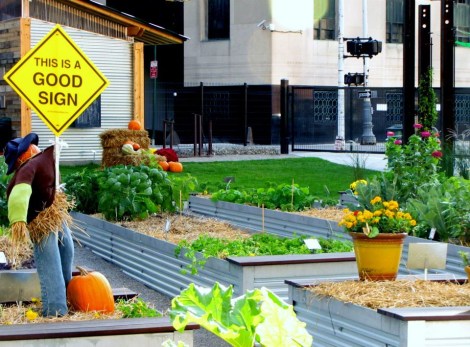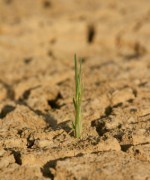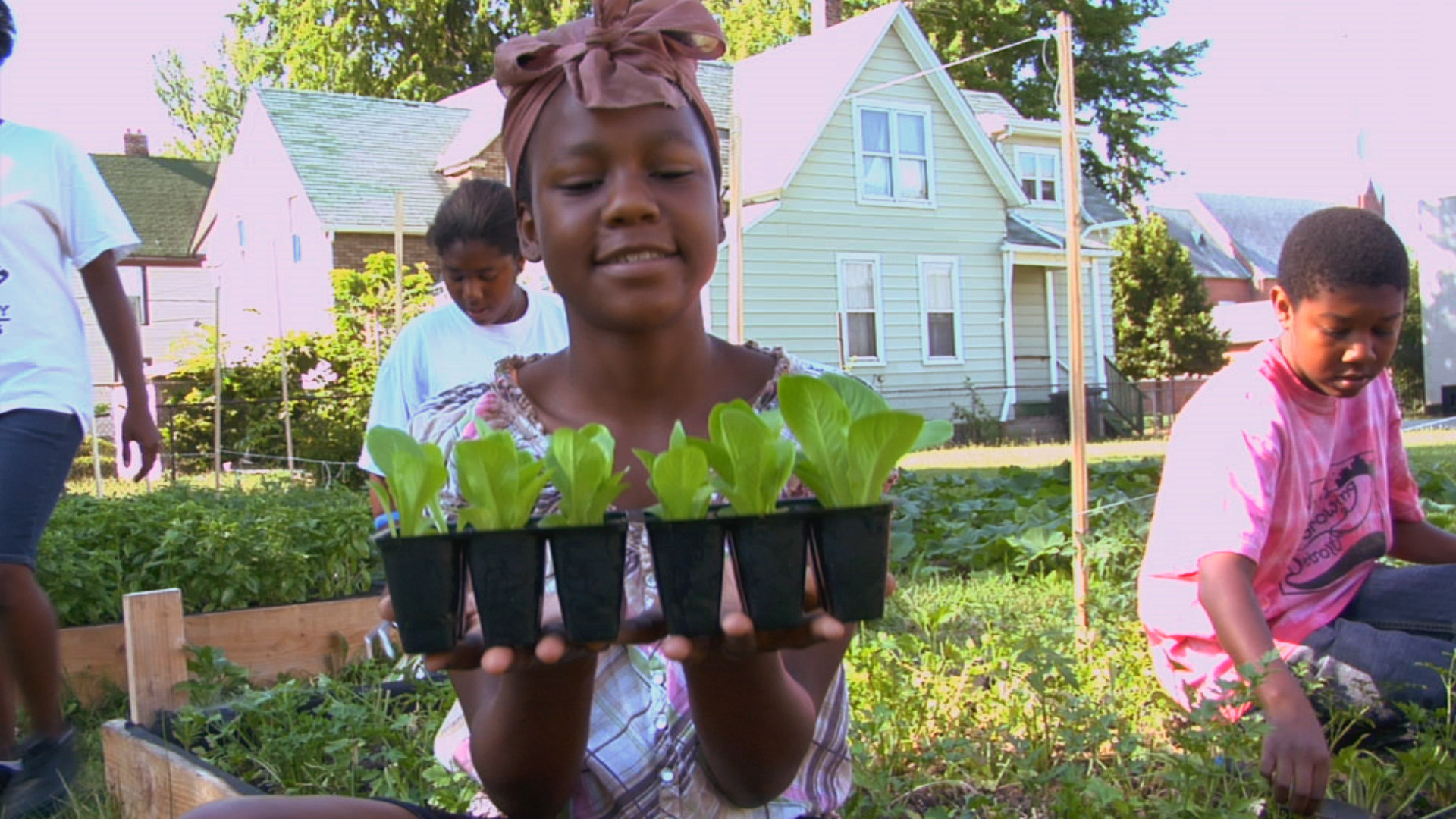On Tuesday, the Detroit City Council voted to sell about 1,500 city-owned lots to the Hantz Woodlands project to plant trees as a beautification effort.
Supporters say it’s just what Detroit needs: large-scale blight removal and reforestation to reinvigorate the post-industrial wasteland with urban innovation. Detractors say it’s a land grab that jeopardizes a local fast-growing urban farming movement and stands to displace low-income residents of color.

ThisisAGoodSignOne of Detroit’s already-thriving urban farms.
Multi-millionaire money manager John Hantz now has a deal to purchase the lots from the city for $300 each — about eight cents a square foot, which is very, very cheap, even for beleaguered Detroit.
A Web site set up by Mr. Hantz, a wealthy entrepreneur, to advance his proposal says the farm would return the city “to its agrarian roots.” The repurposed lots — cleared of blight and planted with roughly 15,000 hardwood trees — would establish an economic zone, raise property values and return vast tracts of abandoned land to the city tax rolls, according to Mike Score, the president of the venture, Hantz Farms. Ideally, the enterprise has signaled, it would eventually become a major source of local food …
Saunteel Jenkins, a City Council member who favors the proposal, argues that the city needs to think in new ways. “Farming will be one of the many things that be part of Detroit’s reinvention,” said Ms. Jenkins, chairwoman of the council’s Planning and Economic Development Committee. “The auto industry used to be our bread and butter, but now we have to diversify.”
But In These Times reports that about 100 people still live in the areas that Hantz plans to demolish, clean, and plant full of trees by next spring. And some Detroiters object to the plan for other reasons:
Local organizers believe the devil is in the details. “Hantz is definitely linked up to the gentrification of the waterfront,” says Lottie Spady, associate director of the East Michigan Environmental Action Council. The land up for grabs is adjacent to Indian Village, a white upper middle class neighborhood filled with grand Tudor and Beaux Arts homes, where former auto barons once made their home. (Incidentally, it’s also where Hantz currently resides.) It’s also a mile away from the Detroit International Riverfront, which underwent development to become a tourist destination and now hosts waterfront luxury condominiums. “A major city planning effort underway shows a green way running through the land to connect to the river,” adds Spady, “Hantz and the city are in cahoots, and the people are losing out.”
City Council member Kwame Kenyatta told The New York Times: “Just because we have vacant land doesn’t mean we should turn Detroit into a farm.”
But many Detroit residents who are far less wealthy and well-connected than Hantz want to do just that, except without the kicking-out-poor-people bit. Community land grabs, not millionaire land grabs!
Detroit’s community garden and urban farming scene is positively blooming, and it stands to grow even more in 2013. Last week, the city’s Planning Commission approved a new zoning ordinance that would officially recognize the city’s gardens and farms, as well as create new ways forward for creating larger farms and reusing vacant buildings. The new rules would also allow for sale of the goods and produce grown. The City Council will vote on the new rules in January.




